Wagner coup: Vladimir Putin flees Moscow after failed uprising
Vladimir Putin is believed to be in hiding in the aftermath of the Wagner uprising as “cracks” appear in his administration.
World
Don't miss out on the headlines from World. Followed categories will be added to My News.
Russian President Vladimir Putin is believed to have left Moscow after the failed Wagner group uprising, which has left him facing the biggest ever threat to his 23-year-reign
Mr Putin has not been seen since he delivered an emergency message on Saturday, begging Russians not to join Wagner leader Yevgeny Prigozhin’s attempted military coup.
Two presidential planes are believed to have taken off from Moscow en route to the Tver region, where Mr Putin has a residence.
The Wagner Group’s insurrection may have only lasted about 36 hours, but it brought Russia to the brink of civil war and will likely have damaging consequences for Mr Putin and his war on Ukraine, experts and officials have claimed.
Troops loyal to Mr Putin withdrew from Moscow on Sunday local time after they were called in to guard the capital city against the impending threat of attack from Mr Prigozhin and his mercenary troops, the New York Post reported.
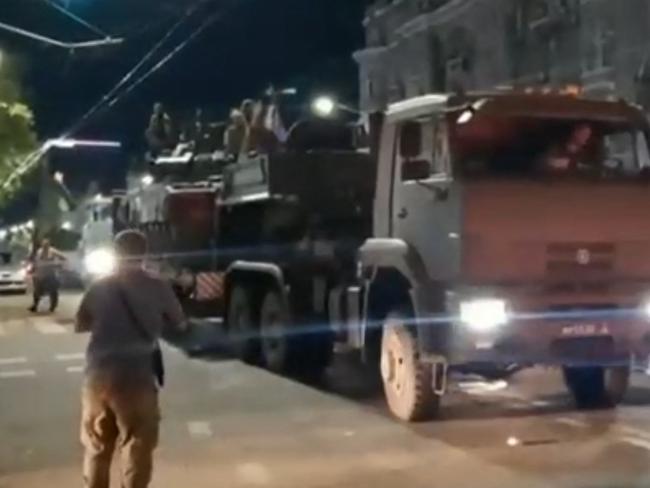
“What we’ve seen is extraordinary,” US Secretary of State Anthony Blinken said on US TV on Sunday local time.
“And I think you’ve seen cracks emerge that weren’t there before.
“It is too soon to tell exactly where this is going to go,” Mr Blinken said.
“But certainly, we have all sorts of new questions that Putin is going to have to address in the weeks and months ahead.”
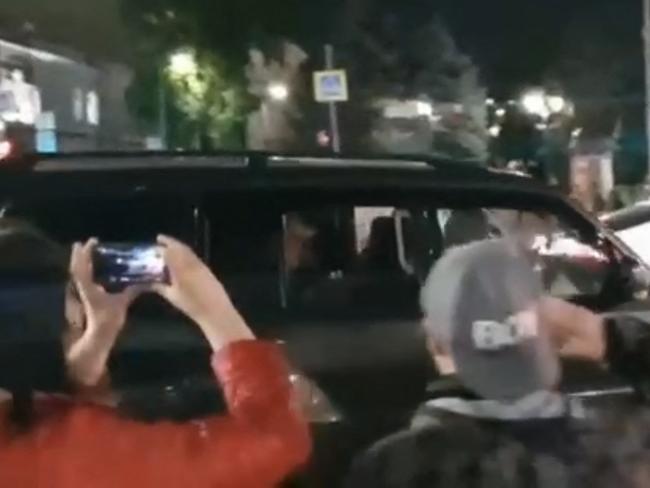
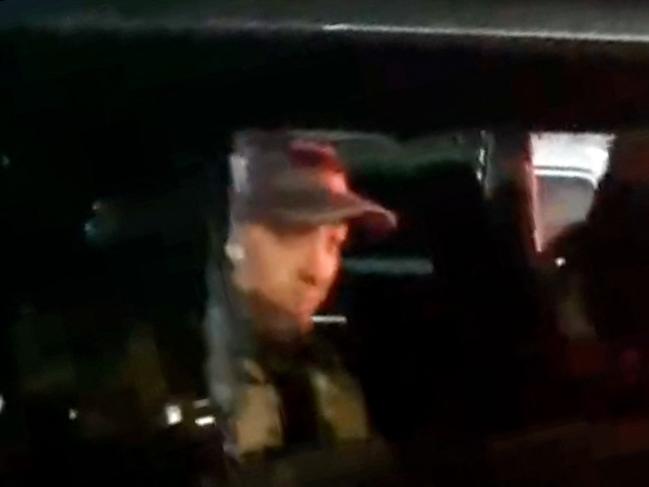
Phillips O’Brien, a professor of strategic studies at Scotland’s University of St Andrews, told The Associated Press that it is “hard to see the genie of doubt ever being forced back into the bottle.
“For a dictatorship built on the idea of unchallenged power, this was an extreme humiliation,” Professor O’Brien said, referring to Mr Putin’s dictatorial regime.
“So if Prigozhin might have lost in the short term, Putin is likely to be the long-term loser.”
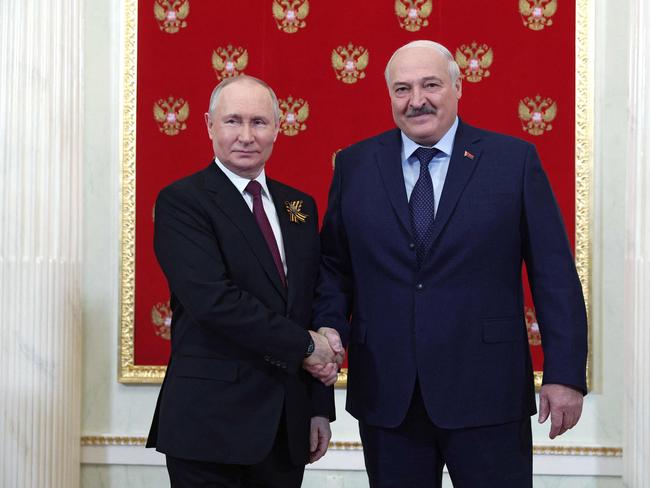
Mr Blinken highlighted the differences between 16 months ago — when Russia launched its massive war on Ukraine — compared to the recent events.
Mr Prigozhin was “front and centre” in the past few days as he questioned “the very premises of Russian aggression against Ukraine to begin with,” Mr Blinken said.
He posed “a direct challenge to Putin himself,” Mr Blinken said.
“Sixteen months ago, Russian forces were on the doorstep of Kyiv, Ukraine, thinking they were going to take the city in a matter of days,” he said.
“Now, they have to be focused on defending Moscow, Russia’s capital, against mercenaries of Putin’s own making.”
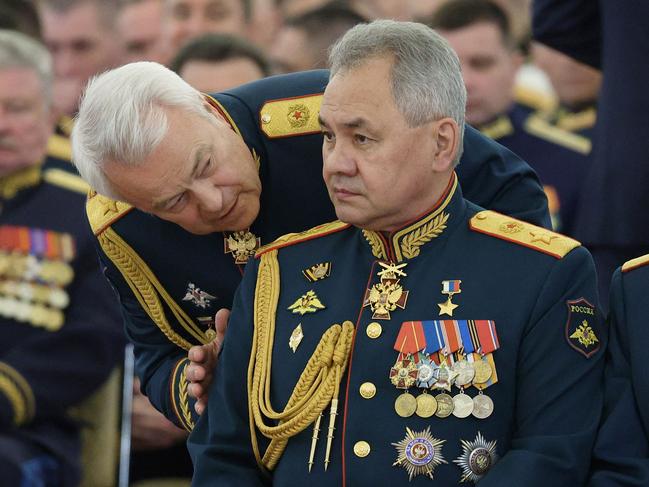
While the threat of a Wagner Group rebellion has since been stopped, it exposed not only the Kremlin’s weaknesses, but also made the country vulnerable to future attacks in Ukraine, where troops were pulled from the battlefields to respond to the Moscow threat from both sides, analysts and officials said.
“Prigozhin’s rebellion and the resolution of the events of June 23 and 24 – though not necessarily the Prigozhin/Kremlin struggle writ large – will likely substantially damage Putin’s government and the Russian war effort in Ukraine,” wrote The Institute for the Study of War (ISW).
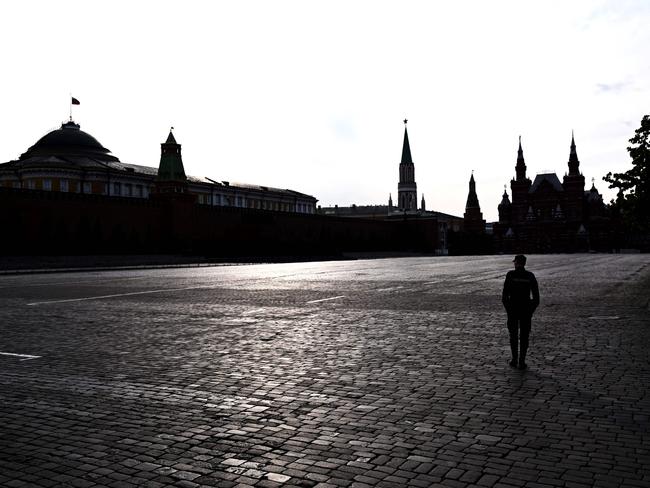
The US-based think tank said the Kremlin “now faces a deeply unstable equilibrium”.
“The rebellion exposed the weakness of the Russian security forces and demonstrated Putin’s inability to use his forces in a timely manner to repel an internal threat and further eroded his monopoly on force,” the ISW wrote in a statement over the weekend.
Kremlin spokesman Dmitry Peskov announced on Saturday that Mr Prigozhin would be exiled to Russian-aligned Belarus, with any charges against him for the foiled armed revolt being dropped in exchange.
The deal was said to have been mediated by Belarusian dictator Alexander Lukashenko.
But “the Lukashenko-negotiated deal is a short-term fix, not a long-term solution, and Prigozhin’s rebellion exposed severe weaknesses in the Kremlin and Russian [Military of Defence],” the group wrote.
Mr Prigozhin also spent months leading up to the revolt railing against the Russian army leadership.
In a video clip from May, he spat profanities at Gerasimov and Shoigu as he stood in front of roughly 30 blood-soaked uniformed corpses.
“Shoigu! Gerasimov! Where is the f – king ammunition?!” he said.
“These are someone’s fathers and someone’s sons,” Prigozhin said in the video, pointing at the bodies. “The bastards that don’t give us ammunition will eat their f – king guts in hell!”
Meanwhile, North Korea offered its full support for Russia in dealing with the attempted coup, state media reported on Sunday.
At a meeting with the Russian ambassador to Pyongyang, Alexander Matsegora, North Korea’s vice foreign minister Im Chon Il “expressed firm belief that the recent armed rebellion in Russia would be successfully put down”, the official Korean Central News Agency (KCNA) said.
WHY WAGNER CHIEF CALLED OFF REBELLION AGAINST PUTIN
An armed rebellion in Russia has been averted but not completely extinguished as Wagner mercenary forces withdraw, just 200km short of Moscow and a threat of bloody civil war.
As abruptly as Yevgeny Prigozhin marshalled his Kremlin-allied Wagner Group to march on the Russian capital, he ordered his troops to withdraw initially to field camps and now neighbouring Soviet state Belarus.
Just what deal Vladimir Putin, in the biggest threat to his leadership in two decades, did with the 62-year-old mercenary boss was not clear but speculation was it must have been sizeable given the rhetoric and ruthlessness of both men.
The only revealed concession was Mr Putin agreeing Mr Prigozhin and some 10,000 troops who were rolling toward Moscow would not face prosecution for treason if they withdrew and relocated to Belarus. Moscow also agreed it would not seek the disbanding of the Wagner Group, the truce ending the threat of a civil war.
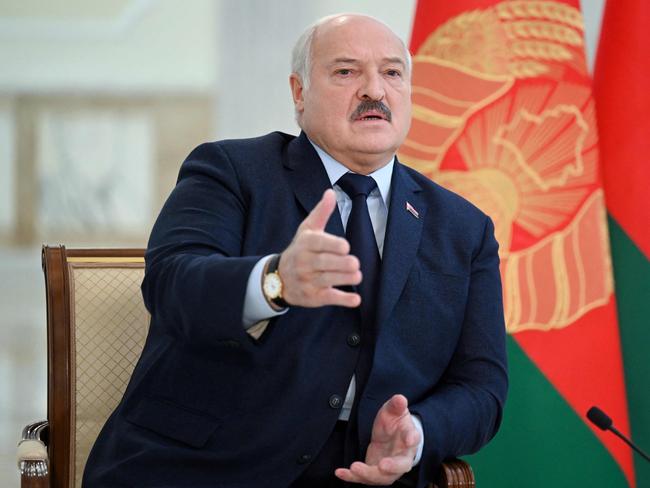
Mr Lukashenko was directed by the Kremlin to negotiate the truce with Mr Prigozhin with fears the tense situation that could have sparked a bloody armed rebellion.
For beleaguered Ukraine, the crisis made no difference as rockets continued to slam into the country, including an attack on an apartment block in capital Kyiv.
There was some speculation the deal between the two Russian war lords could involve spoils of war from Ukraine if the Kremlin’s continued war on the country could ever reach objectives.
What is also not clear whether Wagner troops could return to Ukraine battlefields; Moscow has said all Wagner soldiers who did not take part in the rebellion could sign up to join the regular Russian military.
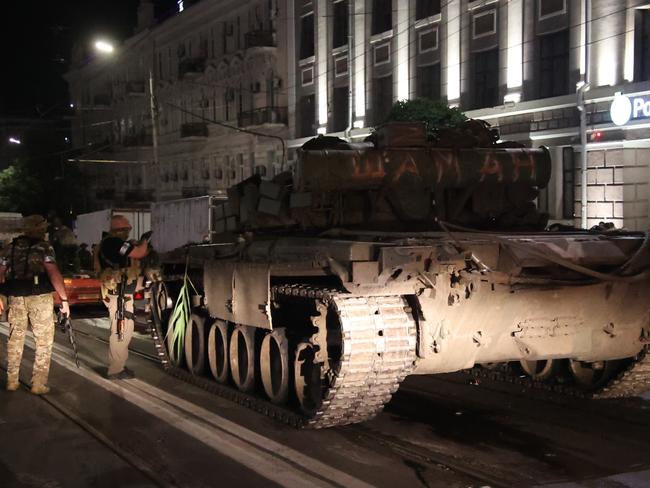
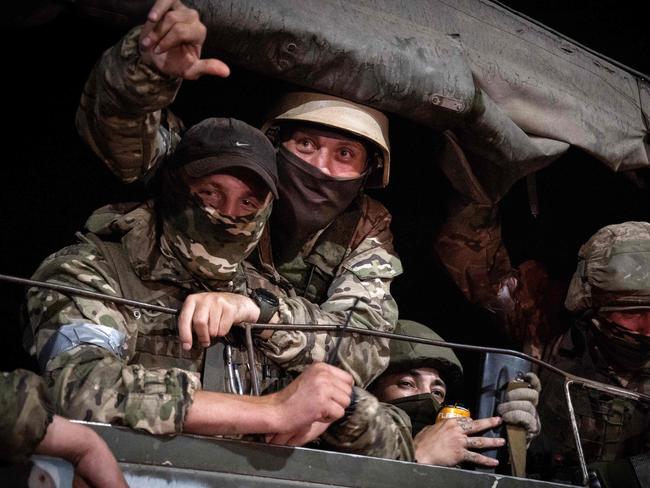
Mr Putin was left to scramble and declare a “counter terrorism alert” across the country after Mr Prigozhin claimed 2000 of his men were killed in a missile strike on their camp directly ordered by the Kremlin.
Earlier in the day Mr Putin had warned against civil war as Moscow city officials warned locals to stay off the streets as checkpoints with tanks and armoured vehicles were set up about the capital and even roads dug up to slow the expected Wagner advance.
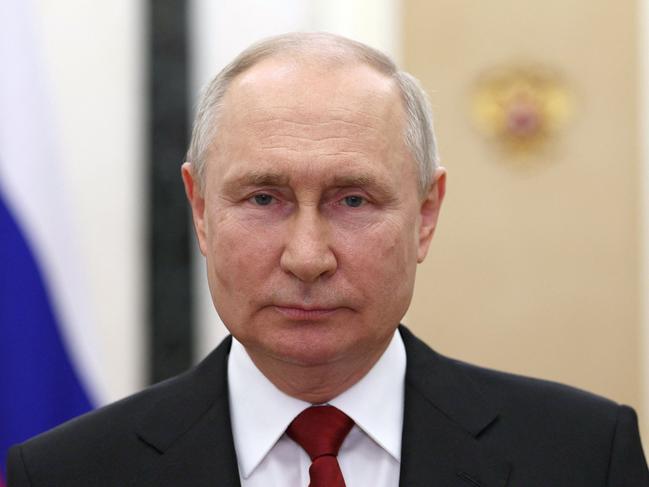
Then Mr Prigozhin announced he understood the importance of the moment and did not want to “spill Russian blood” as he ordered his columns to withdraw.
“In a day, we walked to nearly 200 kilometres away from Moscow,” he told his fighters.
“In this time, we did not spill a single drop of blood of our fighters. Now, the moment has come when blood may spill. That’s why we are turning back our convoys and going back to field camps according to the plan.”
As they turned around the Wagner troops cheered wildly outside the capital of the Russian military headquarters they had captured during the day at Rostov-on-Don. Whatever the message, they believed they had a victory as they withdrew from Rostov city.
All Kremlin spokesman Dmitry Peskov would say was the “armed rebellion” was over and no-one would be prosecuted.
“Avoiding bloodshed, internal confrontation, and clashes with unpredictable results was the highest goal,” Peskov said.
At the height of the drama, US President Joe Biden had spoken with the leaders of France, Germany and Britain and all agreed to stay out of the fracas to let it play out. The leaders did express concern about the state of the nuclear arsenal should the uprising be a success.
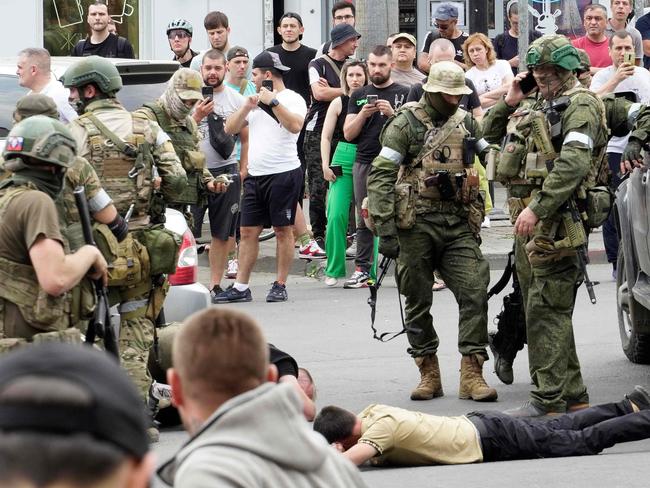
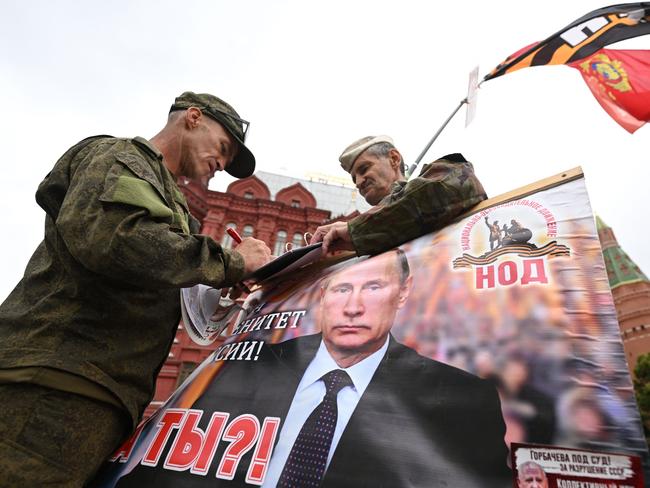
Highlighting the precarious nature of Russia, at the height of the drama Chechen strongman Ramzan Kadyrov declared that he had dispatched his own military units to help quash the Wagner rebellion.
Such was the confusion, the Russian State media was not even sure how to report developing events.
Mr Putin was defiant in a televised live cross, then there were rumours he had fled the capital then apparently dropping all rhetoric the Kremlin announced a truce.
“We are fighting for the lives and security of our people, for our sovereignty and independence, for the right to remain Russia, a state with a thousand-year history,” Mr Putin said earlier in the day.
“All those who deliberately stepped on the path of betrayal, who prepared an armed insurrection, who took the path of blackmail and terrorist methods, will suffer inevitable punishment, will answer both to the law and to our people.”
– Reporting with AFP
More Coverage
Originally published as Wagner coup: Vladimir Putin flees Moscow after failed uprising




